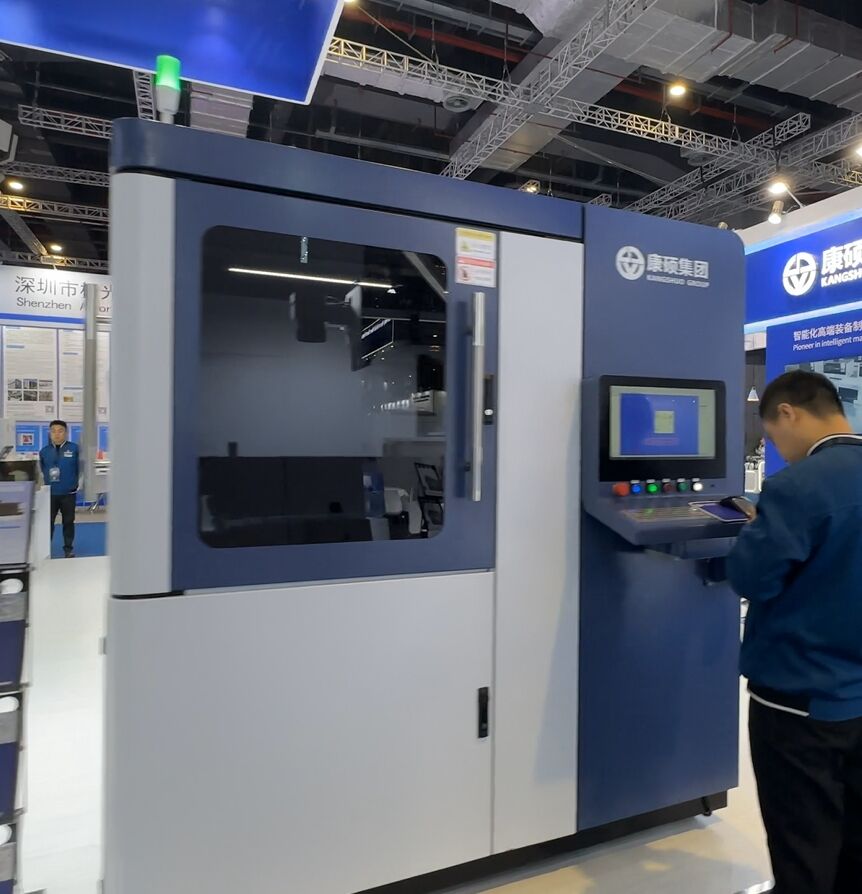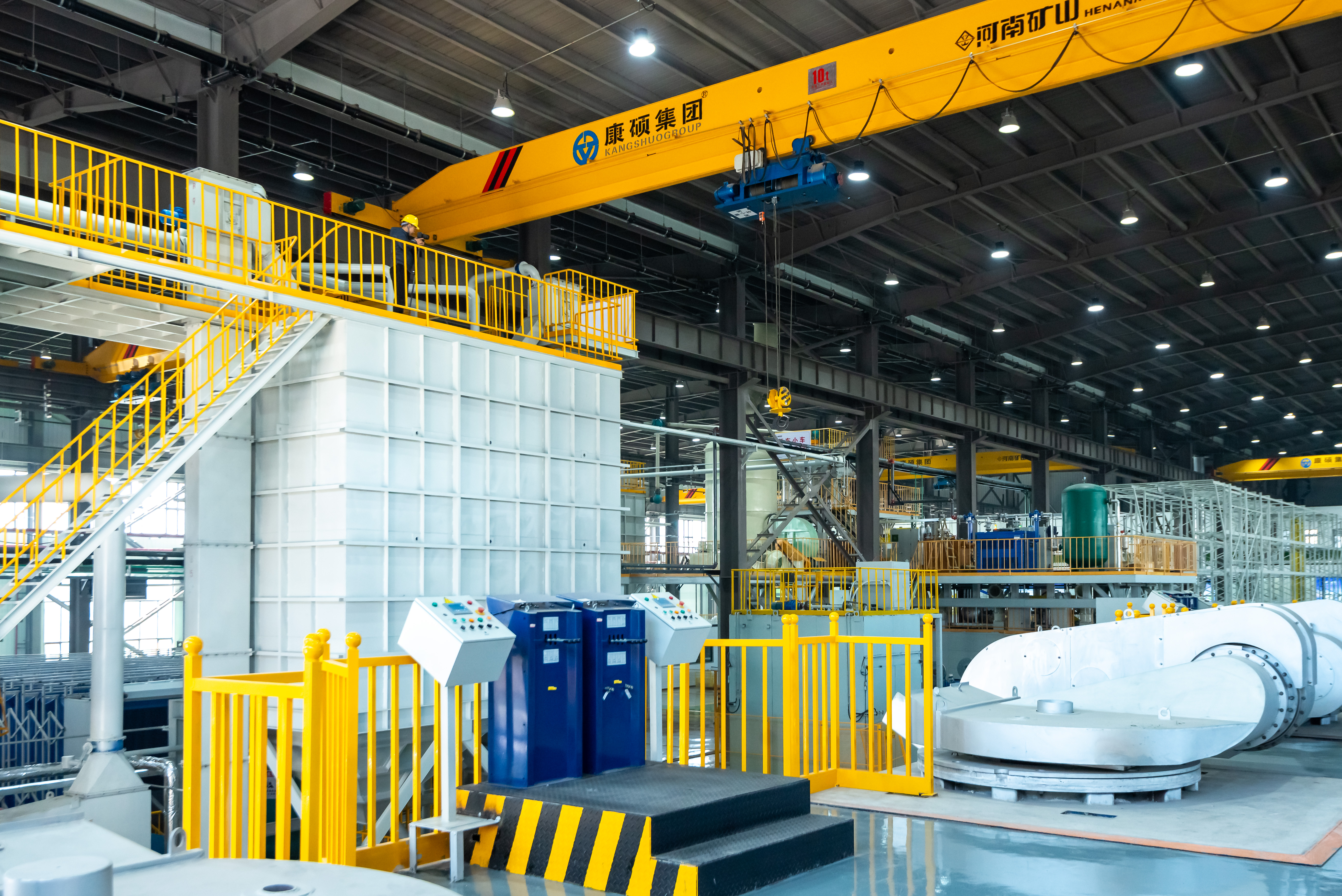molds for steel casting
Molds for steel casting represent essential tools in modern metallurgical manufacturing, designed to shape molten steel into precise and complex components. These specialized molds incorporate advanced materials and engineering principles to withstand extreme temperatures and pressures during the casting process. The primary function of steel casting molds is to maintain dimensional accuracy while ensuring proper solidification of the molten metal. They feature carefully designed gating systems, runners, and risers that control metal flow and prevent defects. The molds are typically constructed using high-quality materials such as chromite sand, zircon sand, or specialized ceramic compounds, offering excellent thermal stability and surface finish capabilities. In industrial applications, these molds serve diverse sectors including automotive, aerospace, heavy machinery, and infrastructure development. They excel in producing both small precision parts and large structural components, with the ability to accommodate various steel grades and specifications. Modern steel casting molds often integrate thermal management systems and advanced coating technologies to optimize the casting process and enhance product quality.


